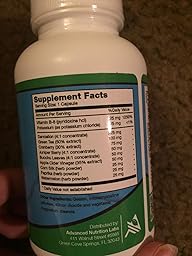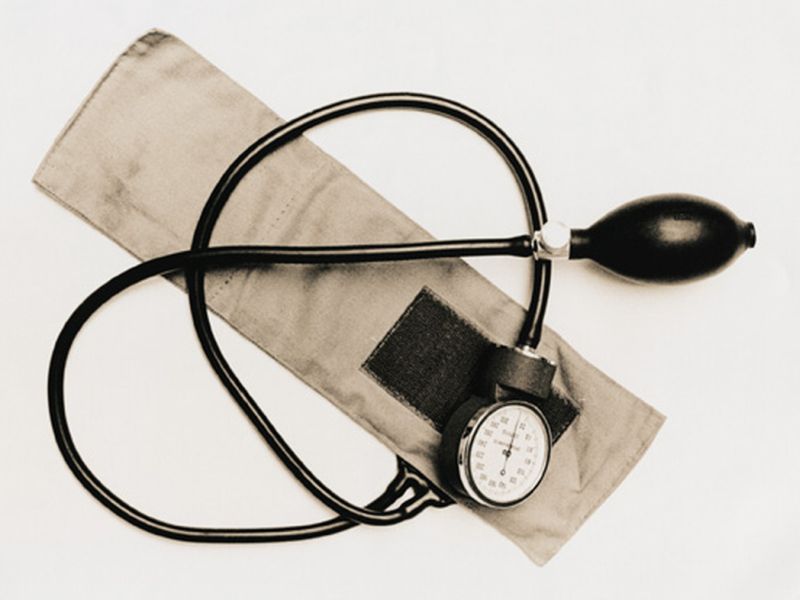

Water pills are meant to help reduce blood pressure, prevent fluid buildup, and reduce swelling respectively, says Linda Anegawa, M.D., an internist at Pali Momi Medical Center in Hawaii. Water pills are one of the most commonly prescribed medications. Here's what you need to know about water pills-and why you should definitely skip self-prescribing them. They sound pretty harmless, right? After all, you're just peeing more.Īctually, it goes a little deeper than that.

Each class works on a different part of the kidney's nephron where urine is made, says Lunenfeld. There are actually three classes of diuretics that work in different ways, says Ellen Lunenfeld, M.D., an internist with Summit Medical Group in New Jersey-thiazide, loop-acting, and potassium-sparing diuretics. diuretics) basically pressure your kidneys into flushing out excess water and salt through your pee. Sooo.should you just pop a few OTC water pills to help you ditch the bloat and feel normal again? Hold on, what are water pills, anyway? Whatever it is, you’re swollen and puffy and it’s super uncomfortable. Maybe you haven’t been as *ahem* regular as you normally are. To learn more about managing hypertension, buy " Controlling Your Blood Pressure: What to do when your doctor says you have hypertension.Maybe you ate way too much on your vacation last week.

If you take any diuretic medication, ask your doctor whether you need periodic testing of your potassium and kidney function. So, people who take potassium-sparing diuretics should avoid these products. One way to do that is to use salt substitutes, but these products are high in potassium-a quarter teaspoon of one brand contains about 800 mg of potassium. People with high blood pressure or heart failure are often advised to limit how much salt or sodium they consume. If potassium levels become too high, it can cause dangerous heart rhythm problems and even cardiac arrest. Potassium-sparing diuretics, which include amiloride (Midamor), spironolactone (Aldactone), and eplerenone (Inspra), avoid the potential problem of potassium loss. If you take these medications, your doctor will likely encourage you to eat more potassium rich foods and beverages and limit salt intake. So do loop diuretics, such as bumetanide (Bumex) and furosemide (Lasix). Thiazide diuretics, such as chlorothiazide (Diuril), chlorthalidone (Hygroton), and hydrochlorothiazide (Esidrix, HydroDiuril, Microzide) tend to deplete potassium levels. And while some water pills tend to lower potassium levels, others have the opposite effect. But age, diabetes, heart failure, and certain other conditions may impair kidney function. In general, your kidneys help regulate potassium levels in your blood. This mineral plays a key role in controlling blood pressure, as well as nerve and muscle function. In addition to getting rid of extra salt in your body, diuretic medications also affect levels of potassium. Men may occasionally experience erectile dysfunction. Other possible side effects include lightheadedness, fatigue, bowel changes, and muscle cramps. Not surprisingly, one of the most common side effects of taking water pills is frequent urination.

People with heart failure, who often gain weight because their bodies hold onto excess fluid (a condition called edema), are often prescribed diuretic medications. This process decreases blood volume, so the heart has less to pump with each beat, which in turn lowers blood pressure. They help the kidneys eliminate sodium and water from the body. Often called water pills, these drugs help lower blood pressure and are a mainstay for treating heart failure.ĭiuretics, commonly called "water pills," are the oldest and some of the least expensive class of drugs used to treat high blood pressure.


 0 kommentar(er)
0 kommentar(er)
